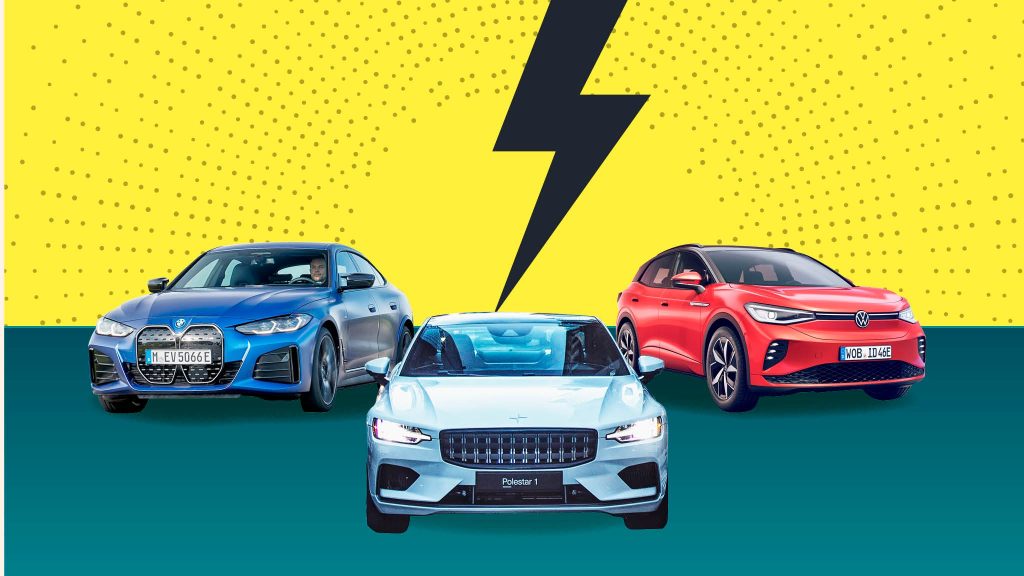The momentum which has been building over the last few years towards buying electric vehicles (EVs) is set to really gather steam in the next five. For a number of reasons, it seems the UK’s motorists are about to take these vehicles to their hearts, rather quickly. This will place a lot of pressure on manufacturers and other institutions who, hopefully, will have the necessary infrastructure in place to support this big rise in sales. British drivers are not only planning to buy electric, they are even keen to sharpen up their driving skills in preparation for the day they finally take the plunge and hit the road in a fossil fuel-free motor. Consider enrolling in an Electrical Vehicle Technology Course to stay abreast of the latest advancements and developments in the rapidly evolving field of electric vehicles.
Demand Surge
A survey carried out by the UK’s biggest motoring association in February 2022 produced some revealing statistics. Firstly, sales of EVs in 2021 amounted to 11.6% of the total market, up from 6.6% the year before. Even more importantly, however, the survey showed that 10% of British motorists plan to make their next car or van an electric one; and do so within the next five years. Meanwhile, only 22% plan to buy a new petrol vehicle, and only a quarter of diesel owners will be so again. These figures show a seismic shift in UK drivers’ buying habits, and are widely accepted as being the writing on the wall for petrol and diesel powered vehicles.
Of course, at least part of the reason for this shift in demand is the pending ban on sales of new petrol and diesel vehicles after 2030. It is likely that, for many motorists, their next vehicle will be the last one they buy before this date. On the other hand, some owners may feel they would be better off buying a petrol or diesel vehicle in the next year or so, and then another one just before the ban comes in. The survey shows, in fact, that almost one fifth of motorists are unsure about what kind of vehicle they will buy next. So, even with this rising demand, there is still plenty of scope for the EV sector to expand even further.
Extra Backup
For those who support the take-up of EVs across the motoring sector, there is, however, a degree of worry about the level of necessary support available. While the essential annual MOT test process is already functioning perfectly with the new technology, the fact is that much of the UK’s infrastructure is playing catchup. The UK government has promised that there will be a total of 300,000 charging points across the country by 2030, which is ten times the amount of petrol stations. While this will certainly be welcome, a number of user groups have already pointed out problems with accessibility and signage.
As the owner survey was carried out by a leading provider of breakdown and recovery services, it is no surprise that it concentrated on issues other than “hard” infrastructure. In particular, the equipment and expertise needed to repair electric vehicles differs significantly from those needed to service petrol and diesel models. These kind of “soft” services require a great deal of investment; a cost that will be met by recovery companies. It will also take time for motorists to feel confident in the quality of this support.
Proactive Approach
Whatever steps are being taken by government and motoring organisations, it seems that the driving public themselves are getting ready to drive electric. Many experienced drivers are keen to take driving lessons in EVs, in preparation for buying one themselves.
Research shows that 44% of all motorists would feel more confident if they had at least one practical lesson; this figure is nearly half among qualified drivers in the 18 to 24 year old demographic. The overall figure in London is more than half (53%), as pressure to driver cleaner vehicles or take public transport builds year on year. Apart from anything else, the financial cost of driving a polluting vehicle at any time within the Congestion Charge / Ultra Low Emission Zone (ULEZ) area is considerable. With Clean Air Zones in place or planned for other major British cities, this pressure is sure to spread.
It seems, then, that there is widespread support and good will for a widespread uptake of EVs across the UK. With technology already in place in MOT test centres, thousands of promised charging points, investment by motoring clubs, and an eager driving public, most of the pieces are there and waiting to be put in place.
